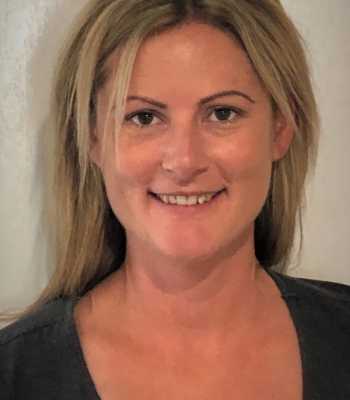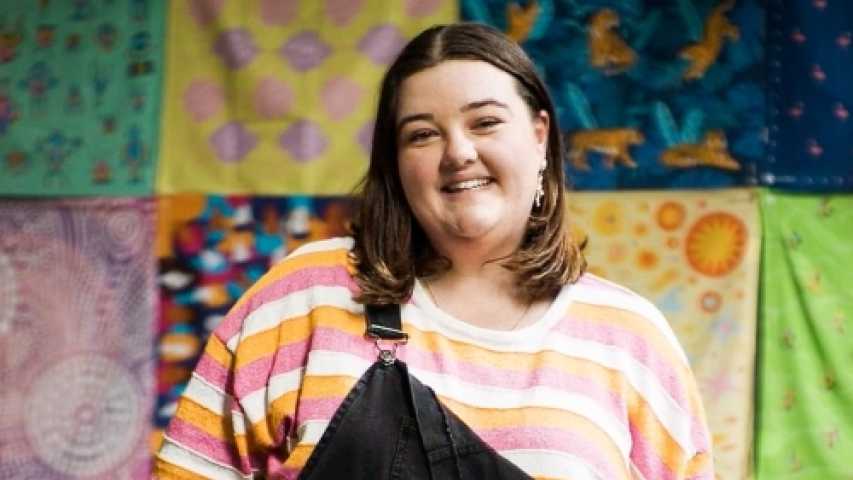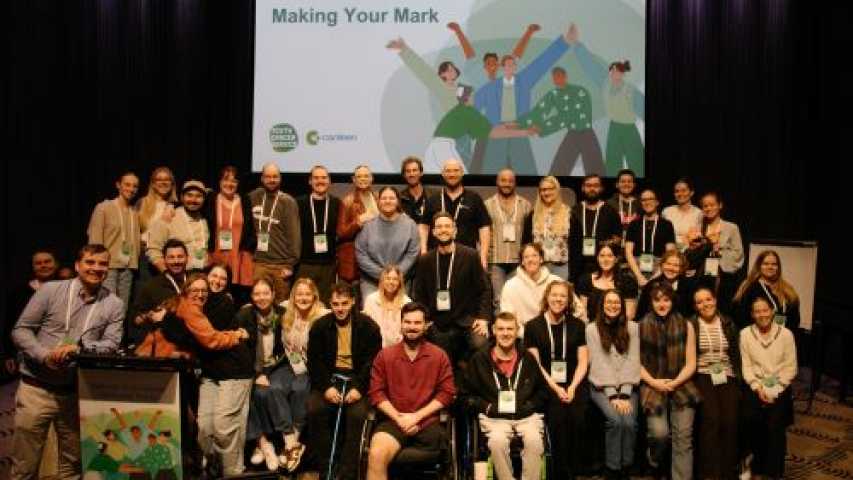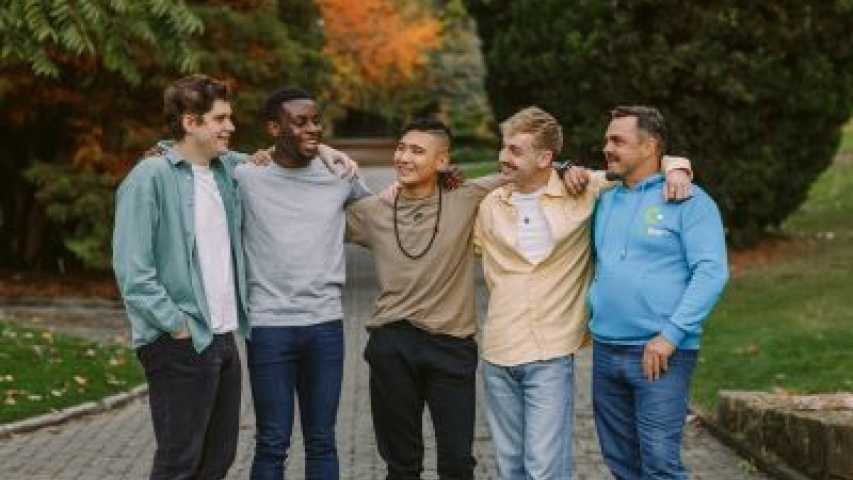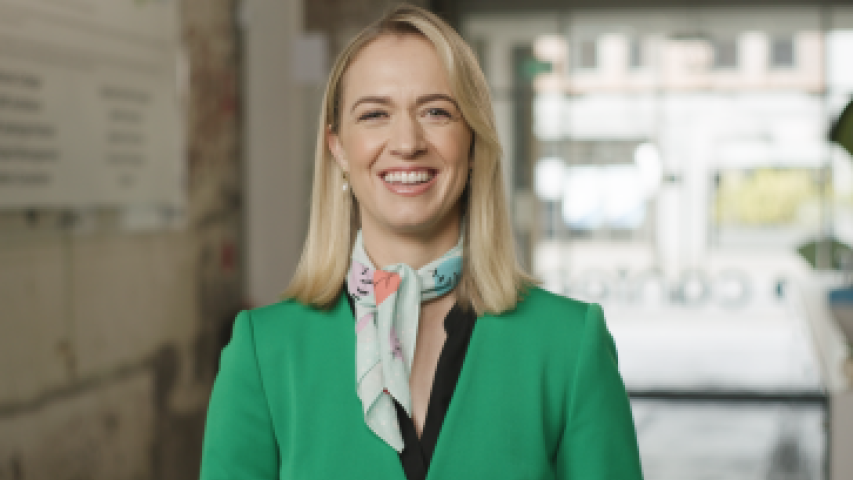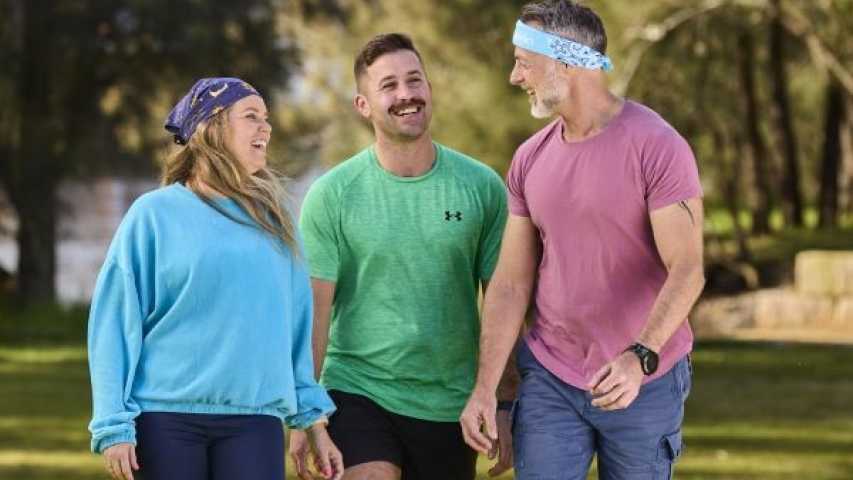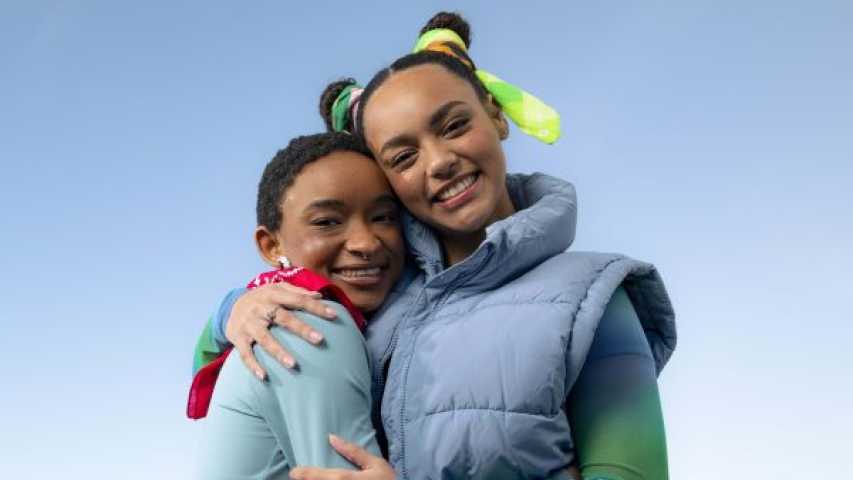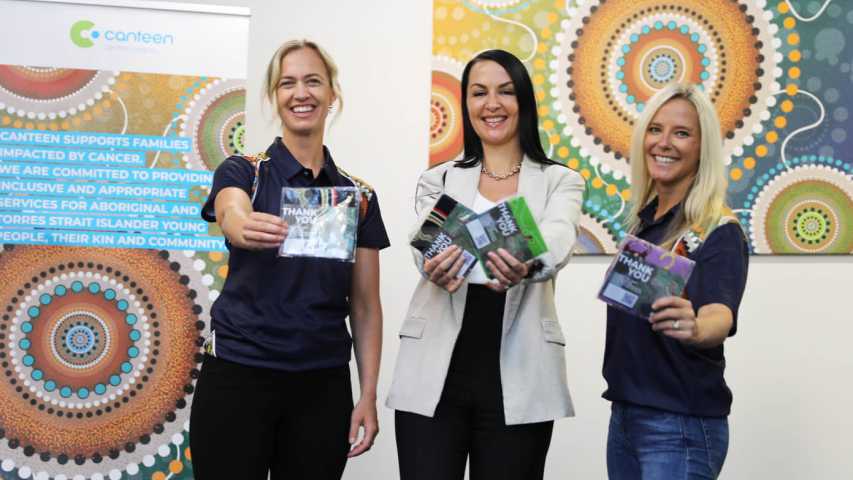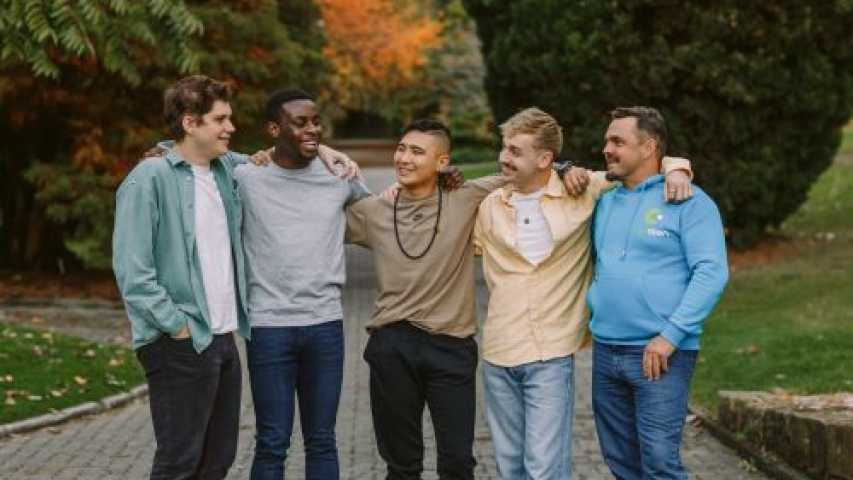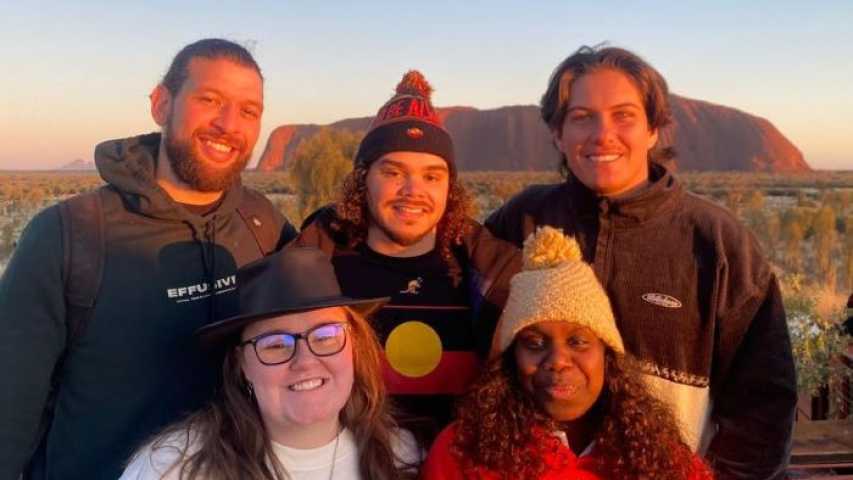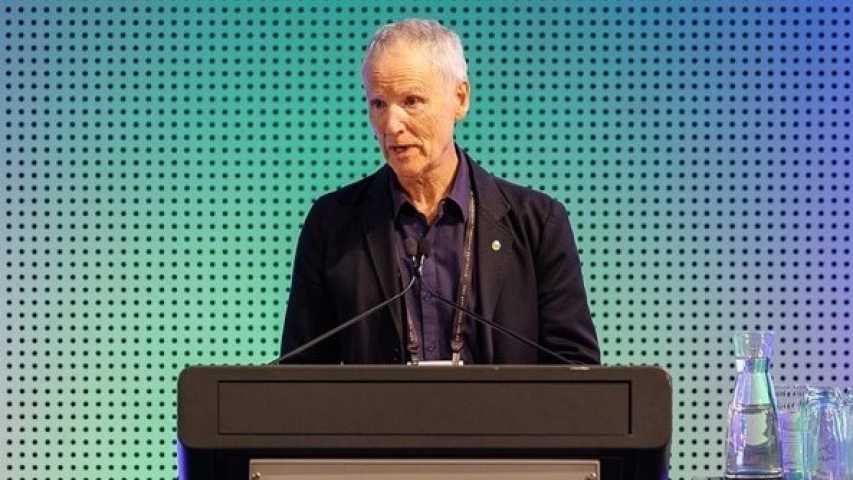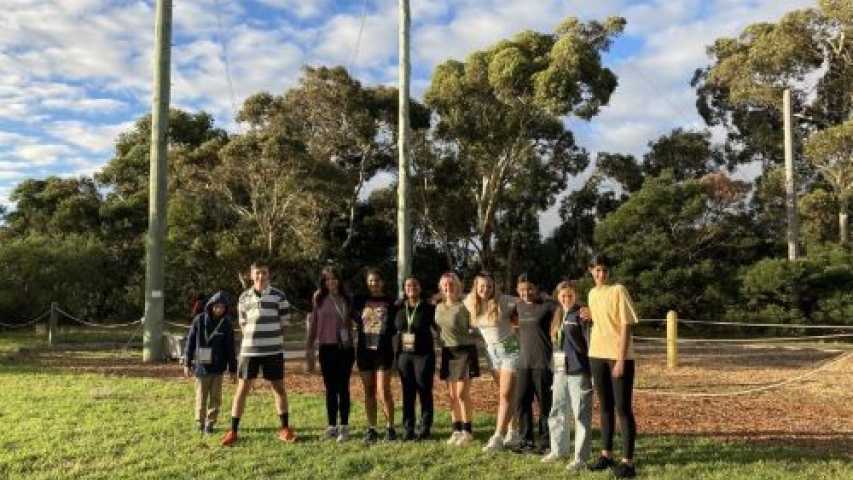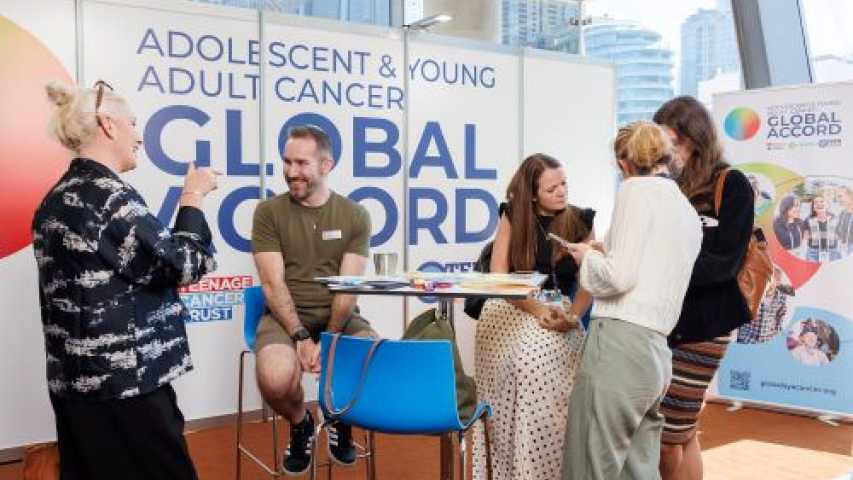A memorable patient
by Alahna Murcott, Social Worker - SA/NT Youth Cancer Service
Sam* was a young Aboriginal man from a community in the Northern Territory. He was 16 and had been diagnosed with acute myeloid leukaemia (AML) and relocated to Adelaide with his parents and younger brother.
Previously he had a congenital neutropenia, so his family had had a lot of involvement with Darwin Hospital throughout his life and had a good idea about the health system. When I met them, they were staying in Ronald McDonald House; I connected them to the Aboriginal Liaison Officer and helped them with the relocation, Centrelink, warm clothes and to buy food with charity support. Sam was an avid football player so I introduced him to an exercise physiologist so he could try to kick a footy.
English wasn’t their first language, so Dad became the interpreter. If he wasn’t there, then Mum spoke. Sam was really shy and quiet, a lovely boy but you couldn’t get him to say boo. He wouldn’t talk at all if his parents were in the room, he would look straight at them to answer any questions. Generally, he wouldn’t say when he was hurting, he would rely on his parents to express what was going on for him.
His silence was a challenge initially for the staff. We all wanted to understand the reason behind it; we are trained to listen to the patient’s voice and centre their care around their needs.
I spent a lot of time engaging with the family and I think that was very beneficial to how we were better able to support all of them. I built a relationship with his parents that was quite positive. They would be sitting in the park having a chat and would see me and yell ‘Alahna!’ I would go over and sit with them and chat.
I realised there was a cultural hierarchy where he expected his parents to speak for him. By engaging with them, rather than putting Sam in a position where he felt uncomfortable, I think I helped him and the family develop trust.
It was challenging, but it taught me that always having that cultural consideration whilst working with people from different and diverse backgrounds really helps with engagement.
Sam had six months of treatment and went into remission. It was discussed that he should be sent to Sydney for a transplant. Even though he really needed it, it was a difficult decision for them due to their cultural perspective.
We had multiple family meetings with the family in the clinic and a group of about 20 people at home, including Sam’s grandparents and the Elders, to discuss different decisions and treatment questions.
Sam’s dad explained to me that the decision about whether or not to go to Sydney needed to be a group decision. If he made the decision on his own and Sam died, he would have been blamed for the death and ostracised.
The family met with doctors in Sydney, who explained all the information and said Sam should come quickly while he was in remission. In the end, against medical advice, the broader community group decided Sam and his family should go home to spend some time in the community to talk and discuss the options.
Supporting a family in a decision like that can go against health professionals’ morals and ethics. I have seen medical staff push strongly – but that pushes the patient and their family away and they stop engaging. Sam wanted to go home, but culturally I think he didn’t want to make that decision on his own either.
After they returned to the community he relapsed, but he had time on Country and did men’s business. He came back to Adelaide and we treated him experimentally, but that didn’t work. He became palliative.
The community collectively made a decision for Sam to return to Country, where he had some maintenance therapy to try and give him more time. About a year after I first met Sam, he died. He had a traditional funeral.
Even though it was a poor outcome, I think it was an outcome that was better for everyone. Sam was at home and able to have spiritual connections to the land, and the family were all together.
Knowing Sam and his family has taught me the importance of being patient, and being able to sit with the fact that patients and families often make decisions that aren’t medically recommended, and to support them without judgement even if it fails.
* A pseudonym













